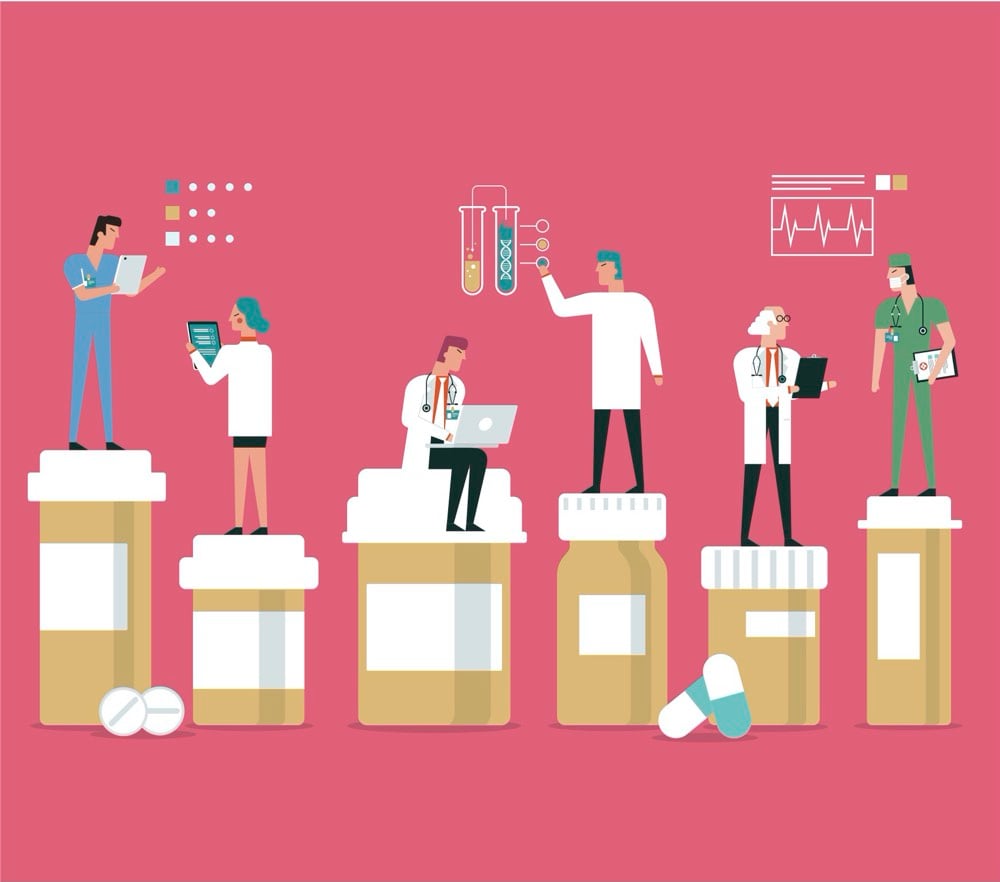
Engaging Healthcare Providers in Pharmacovigilance with Orbita’s New Adverse Event Detection Module
 In response to the COVID-19 pandemic, countless healthcare organizations across the world have adopted or expanded new methods of delivering care virtually; these include telemedicine appointments, remote patient monitoring, and even virtual assistants.
In response to the COVID-19 pandemic, countless healthcare organizations across the world have adopted or expanded new methods of delivering care virtually; these include telemedicine appointments, remote patient monitoring, and even virtual assistants.
To continue collaborating and supporting healthcare providers and patients, pharmaceutical companies are also undergoing rapid digital transformation within their engagement strategies and pharmacovigilance processes.
Generally, pharmacovigilance is concerned with drug safety, but there are several niche disciplines within, such as operations, surveillance, systems, and designated 'qualified persons responsible for pharmacovigilance' (QPPVs). The life sciences professionals in these various roles contribute to the expansive process of collecting, analyzing, monitoring, and preventing medication-induced adverse events.
Several common challenges routinely surface during the execution and maintenance of this process. Amid the COVID-19 pandemic, these particular challenges have been further amplified, including:
- Communication of general drug information to healthcare providers (HCPs), as well as reports and other analyses that can better assist in the detection and monitoring of adverse events.
- Engaging healthcare providers in pharmacovigilance; specifically, how to track and collect data for reports of adverse events with the high rates of appointment cancellations and no-shows this year. With the FDA relying on reports of all adverse events from pharma companies, broad communication is required to engage with both patients and medical providers who may be detecting one. With over 1.1 million adverse events reported in 2020 so far, the scale of the identification and reporting process is quite large and requires significant funds to execute.

While the chatbot continues to assist in educating and supporting healthcare providers, this new feature positions the virtual assistant to distinguish an adverse event and trigger the designated reporting and escalation flow.
Let’s say a rheumatologist has questions about the new medication that his arthritic patient is taking. Instead of scanning through search engines and digging through websites, an Orbita-powered virtual assistant greets the provider upon arrival on the dedicated medication website. At this point, the provider is guided to the specific drug information they seek about administration, dosing, storage, safety, and more. This virtual assistant solution is equipped with advanced natural language processing technology from the OrbitaANSWERS engine to efficiently digest any question with voice or chat capabilities.
Now, HCPs can easily and quickly report and provide feedback on adverse events through Orbita's new Adverse Event module.
During the example chatbot conversation described above, the rheumatologist could say, “My patient is experiencing injection site pain” or “My patient has a rash at the injection site.”
The virtual assistant can now differentiate these phrases as adverse events from other general inquiries such as “Does this medication cause a rash at the injection site?”
Once an adverse event has been detected, it is automatically transcribed and exported to the pharmaceutical company to help populate a report sent to the FDA.
The deep learning and natural language processing capabilities of Orbita's recently-launched Adverse Event detection module can support broad communication and information exchange to reduce the pharmacovigilance burden.
We'd love to discuss further with you, and invite you to reach out.


